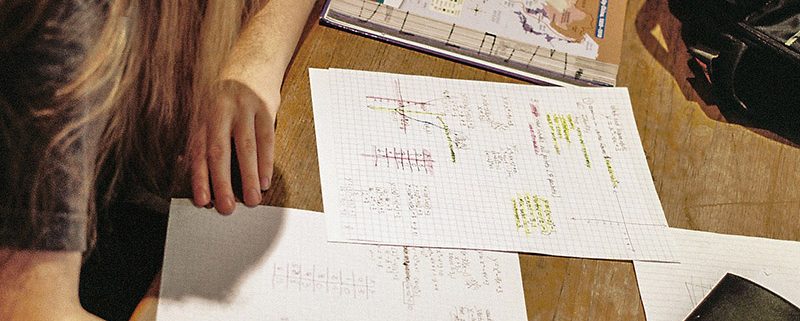Ending The Cycle of Summer School Struggles
Editor’s Note: Wendy Burt of LearningRx contributed to this article.
Cary, NC – You’ve just survived a tough school year and Summer break feels like a wonderful reprieve. It’s tempting to coast through the Summer months, trying to work up the strength to tackle another year of anticipated academic struggles. But it doesn’t have to be that way.
According to Jennifer Huntington, Summer is the perfect time to take actions that will make the coming school year a more positive experience for your child (and your whole family). Huntington, the director of LearningRx Raleigh and Cary, provides these tips for families who are looking for ways to end the cycle of school struggles year after year.
Debrief With Your Child Now
While this past school year is still fresh in everyone’s minds, brainstorm with your child about what went right, what could have gone better and what changes you can make as a family that will have a positive impact on the coming school year.
Agree on two or three changes that can go into effect when school starts up again. It’s a lot easier to get a child to agree to things such as going to bed 30 minutes earlier or finishing homework before playing video games if those changes are a safe distance into the future.
Stay Off The Summer Slide
According to the Johns Hopkins Center for Summer Learning, studies show that every Fall, teachers spend approximately four weeks reteaching or reviewing material that students have forgotten over the summer break.
Additional research shows that students of all ages experience learning losses when they don’t engage in educational activities during the Summer. It’s called “the summer slide” and there are things you can do to lessen its impact on your child:
- Contact your local library and ask about summer reading programs or a calendar of special educational speakers and events
- Make a summer habit of visiting local museums and exhibits
- Help your child write a weekly blog about a favorite topic or hobby
- Start a family or neighborhood book club
- Make math fun! (Search Amazon.com books for “fun math problems for kids”)
- Put your child in charge of one meal a week. Depending on the age of your child, this could include making a shopping list, maintaining a weekly budget, following a recipe, getting on the computer and designing menus to hand out and even selecting dinner music
Strengthen The Skills Your Child’s Brain Uses To Think And Learn
Studies show that most learning struggles are caused by weakness in one or more cognitive skills. These are the skills the brain uses to think and learn and they include: attention, long-term memory, short-term memory, logic and reasoning, auditory processing and visual processing. Even very smart kids (and adults) can have weak cognitive skills that make learning and life harder than they to be.
According to Huntington, cognitive skills are not set in stone and weak skills can be strengthened through the use of intense mental exercise. Beginning a cognitive training program in the summer can reap major rewards in the Fall.
She adds, “It makes sense that if a child has weak memory or attention skills, for example, learning is going to be harder. That child can have the best teachers, the best tutors, the best support at home – even a strong personal desire to do well in school – but if a cognitive skill isn’t cooperating, there are going to be frustrations. Stronger cognitive skills give a child what he or she needs to succeed.”
LearningRx provides cognitive training, also known as brain training, for children and adults of all ages. The programs consist of fun, challenging mental exercises – done one-on-one with personal trainers – that are designed to strengthen attention, memory, logic and more.
To learn more about summer brain training at LearningRx, call (919) 232-0090 or visit www.learningrx.com/raleigh.
Wendy Burt of LearningRx contributed to this article. Photos by Jeff Peterson and Robert Couse-Baker.





